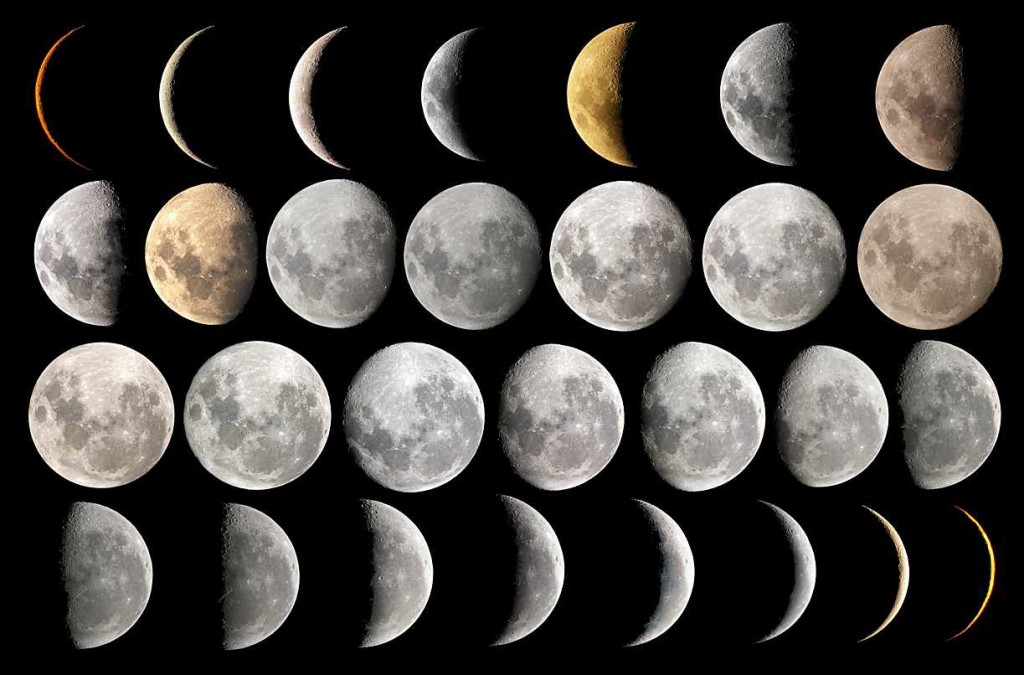Mathematics of Inhuman Existentialism Instructor: John Bova Module: 1 Date & Time: July 5, 12, 19, 26 5:00 - 7:30pm EST

DESCRIPTION:Is it possible for philosophy to occur in and through the tension between two apparently incompatible demands: for thinking to be answerable to a mathematical ontology no longer conflated with logicist regimentation, and for it to participate in an intimacy with existence no longer confined to the categories of the human? That is, is a contemporary mathematical existentialism—as Lucca Fraser provocatively baptized it—possible? Or, to ask the question yet a third way, what can being-in-itself and being-for-itself mean for us, now, at the null point of inflection which is our contemporary technological and political situation? In order to pursue this question, we will engage in a joint reconceptualization of two all-too-famous works, aiming both at making them speak to the projects of those coming to them for the first time, and at a strict defamiliarization for those who have previously taken their measure in the context of received interpretations.
1) Mostly ignored by academic philosophers and sloppily embraced at the level of a cultural phenomenon, Jean-Paul Sartre’s Being and Nothingness has long been a source of inspiration and frustration to its few close readers. In our consideration, there will be no attributions of inauthenticity to food-service workers, no holes and slime, and Pierre, thankfully, will have left the building to a second degree. Instead, we will work at explicating the difficult and incompletely figured logic of reflexivity and detotalized-totality which underlies the book’s most stunning intuitions. A guiding goal of the seminar is to arrive at a new interpretation of what can be called “Sartre’s theorem”, the central nerve of Being and Nothingness: that being-in-itself-for-itself, the structural key to the interpretation of existence as the value which haunts it, is a contradiction. This theorem has never been explicated in a fully satisfactory way, in large part because the phenomenological tools available in Being and Nothingness are sufficient at most for suggesting and announcing it, but not for explaining its necessity or for understanding the possibility-space in which it is located and whose structure it expresses. Thus, if Sartre’s theorem is to become useful for us again in the context of contemporary philosophy, it has to be liberated from the moribund phenomenological tradition which forms its ostensible methodological basis. 2) Enter Badiou’s generation-defining Being and Event, which, as we propose to read it, enacts the first successful transplantation of existential logic into the alien soil of mathematics. The joint reading rebounds on both texts. We shall read Being and Event as a realization of a strikingly Sartrean program on vastly improved ontological hardware, while at the same time reading Sartre as a thinker of the event (one of the most crucial terms in Being and Nothingness), of the necessity of contingency (an explicit Sartrean thesis which has been revived in one way by Meillassoux—we shall explore others), etc.
The significance of the breakthrough is undeniable, however Being and Event is only the beginning of the project of a mathematical existentialism, not its end. The point of the joint reading is rather to enable us, by focusing on this act of radical translation between existential philosophy and mathematical ontology, to think more deeply into the ground of the remarkable phenomenon explaining the success and even the necessity of the graft, along the vectors of our own projects. That ground, I propose, is metalogic-metamathematics, the concept of which will occupy our reflection as both content and method. The phenomenon is that of a striking emergence by which the classic themes of existential philosophy, indeed of philosophy itself, which are rightly and inevitably repressed at the outset of logico-mathematical investigation, return by their own necessity, in critically clarified but infinitely more powerful form, when we cross the threshold from first-order logic to metalogic-metamathematics. In order to continue the project of philosophy under contemporary conditions, we must cross this threshold.
Image: Phases of the moon, NASA Archives, 1964
To see The New Centre Refund Policy CLICK HERE.



